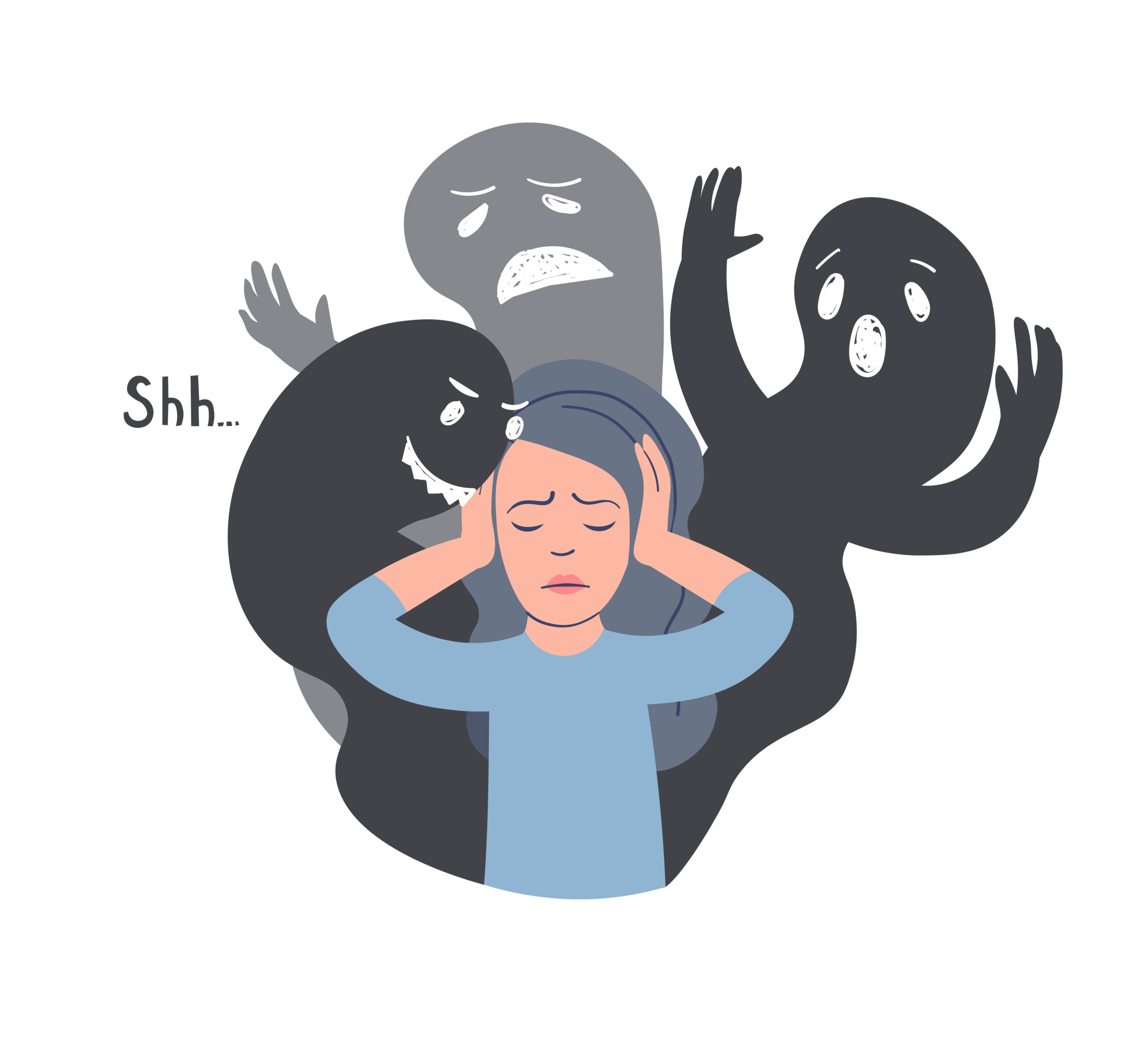Schizophrenia, affecting approximately one percent of the world’s population, is a neurological disorder that can result in difficulty in figuring out what is illusion and reality. Symptoms of schizophrenia most commonly include hallucinations and delusions, followed by disorganized speech and behavior, apathy, and emotional withdrawal. Interestingly, the presenting symptoms have been found to vary drastically depending on the patients’ surrounding environments and cultures. This newfound understanding is significant for improving treatment plans.
A 2015 study in particular found significant differences in the auditory hallucinations of those with schizophrenia in the United States compared to those in India and Ghana. Americans reported that their hallucinations were harmful and intrusive, often instructing them to conduct acts of violence, like torturing others. Moreover, they had no prior relation or connection to the voices they were hearing. In contrast, over half of the Indians and Ghanaians interviewed experienced more pleasant hallucinations. Many Ghanaians viewed their voices as spiritual figures or past ancestors and found they offered wisdom and guidance. Many Indians even found that their relationship with their voices strengthened over time; one girl said a voice that initially wanted to punish her was now akin to a little brother.
Schizophrenia may actually show different symptoms in different cultures!
Image Source: Alpgiray Kelem
These discrepancies could be attributed to differing cultural values. Eurocentric societies tend to stress self-identity and individuality, while in contrast, Indian and Ghanaian philosophies emphasize community relationships. It therefore makes sense that schizophrenic patients from Eurocentric backgrounds would view voices in their head as intrusive, whereas those of Eastern backgrounds may see them as welcome additions. In addition, scientists theorized that schizophrenia presented itself more positively in Eastern cultures due to a lack of negative stigma surrounding the disorder.
Taking these revelations into account poses significance for improving the treatment of those with schizophrenia in the US. These differences imply that reducing the negative stigmas surrounding the disease could help alleviate the disease’s symptoms. Furthermore, the idea that voices can change over time (as seen in the girl whose voice became like a little brother), demonstrates the importance of talk therapy, discussing methods with a therapist to negotiate and positively interact with voices, in addition to antipsychotic pharmaceutical treatments.
Featured Image: mamormo










